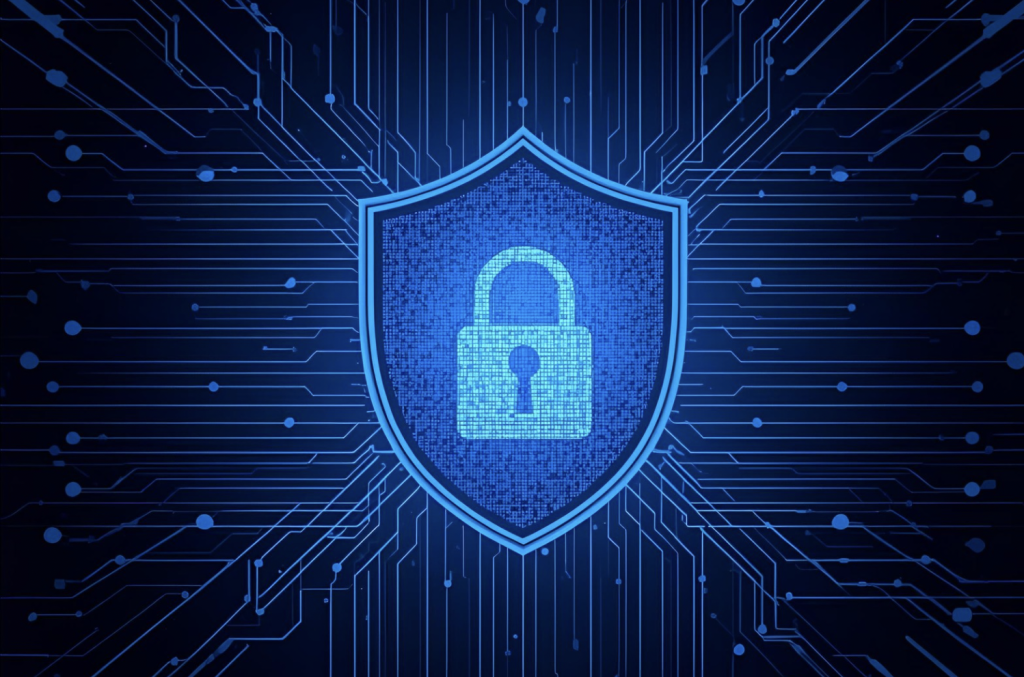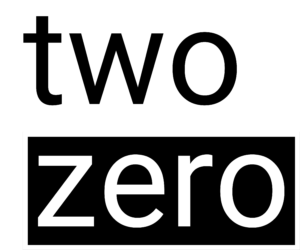
In today’s digital world, security has become a top priority for both individuals and businesses. However, many people still confuse data privacy with data security. While these two concepts are closely related, they serve different purposes in protecting information.
Data privacy focuses on who has the right to access your information and how it is used. It ensures that personal or sensitive data — such as names, emails, or payment details — is collected, shared, and stored responsibly. Privacy is about maintaining control. For example, when a company asks for your consent before collecting data, it’s addressing privacy.
Data security, on the other hand, is about safeguarding data from unauthorized access, theft, or corruption. Security involves the technical measures — such as encryption, firewalls, and multi-factor authentication — that protect information from hackers or internal misuse. While privacy defines the rules, security enforces them.
The two work hand in hand. Without strong security, data privacy cannot exist. Even with strict privacy policies, weak security can lead to data breaches and loss of trust. Conversely, having excellent security does not guarantee privacy if organizations misuse personal data.
In summary, data privacy governs how information is handled, and data security protects it from threats. Understanding this difference helps individuals and organizations build a safer digital environment. By investing in strong security practices and respecting privacy rights, we can ensure that our data remains both protected and properly managed.
At Two.Zero, we help businesses grow through innovative digital solutions — combining creativity, technology, and robust security measures to keep your digital presence both powerful and protected.







